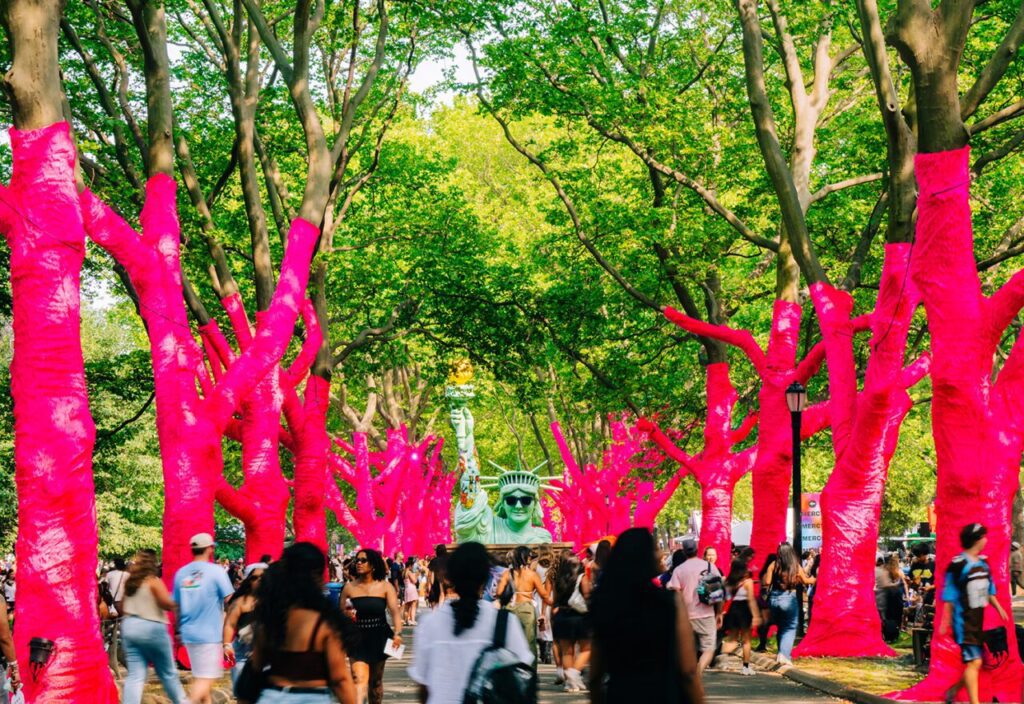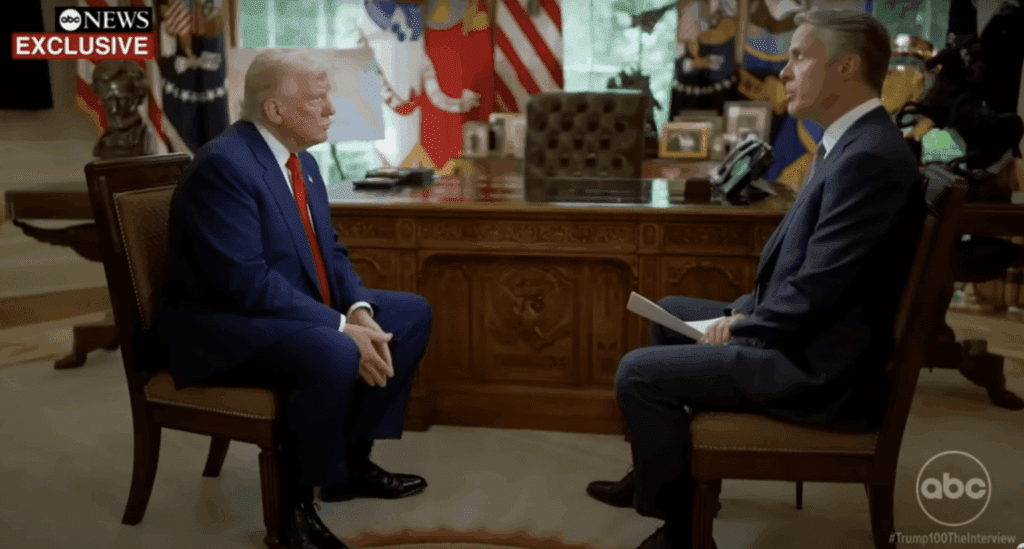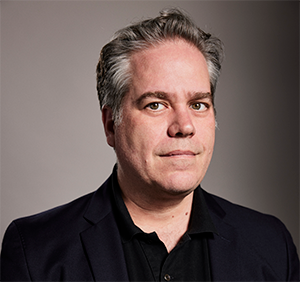U.S. marketers spent an estimated $132.3 billion on consumer event marketing in 2002, up a healthy 15 percent as the discipline gains favor with a broad range of marketers and brands adding event days to their calendars. PROMO estimates (based on industry sources) show 2003 spending will grow another 15 to 20 percent-unless we go to war — with very short planning cycles. Increased funding will be diverted from media budgets.
Event veterans (think liquor, tobacco and media companies) are joined by newcomers from packaged goods, HBC, electronics and telecoms. (The Times Square striptease by Virgin Enterprises’ CEO Richard Branson shows how rowdy things got last year.) Marketers earmarked an average 22 percent of total marketing dollars for events last year, per an Intellitrends survey of 120 senior managers for George P. Johnson Co. PROMO’s first-ever estimate on event marketing spending — a more conservative 15 percent of total marketing dollars, to account for latecomer brands — pegs event marketing at an impressive $132.3 billion.
“Everyone who was doing event marketing kept at it in 2002. The growth came from those late to the party to try it,” says Zipatoni President Jim Holbrook. Many are big brands impressed by small brands’ grassroots growth, says DVCX President John Palumbo. “Smaller companies did events because of budget restrictions. Now big companies are coming to it because it works.”
Budgets also grow as marketers seek a broader range of activities, says GMR Marketing President Jay Lenstrom. Many brands have added event or experiential marketing as a separate budget line item. That cements events as the darling of brand marketing, blending promo, p.r. and advertising elements. It also intensifies pressure to prove its worth; that’s got marketers and their agencies developing measurement systems to prove ROI. Nearly half (47 percent) of marketers think events give the best ROI of all disciplines, per Intellitrends’ survey. The trick is devising one formula to suit disparate campaigns. Lou Bitonti, senior manager of brand events for DaimlerChrysler, spent a year creating measurement templates for its national, regional and local events. “As money shifts from media to experiential marketing, events become an integral part of our marketing mix,” he says.
Events also spice up a brand manager’s job now that VPs of marketing have taken charge of advertising. “It makes brand managers and sales people happy,” says one agency exec. “The real trick is making sure it works with consumers, too.”
And retailers: The best events drive traffic — often right from the store parking lot. Coty, Inc.’s Rimmel cosmetics keep an average 24-percent sales lift four weeks after its double-decker bus visits a Wal-Mart parking lot. (US Concepts, New York City, handles.) This year, watch for more account-specific events as marketers cater to their top three-to-five accounts.
About one third of events leverage media buys, from radio-station remotes to a magazine tour. Unilever drafted local DJs to compete in its Lipton Side Dishes Dinner Games 2002 (via Guild Group, White Plains, NY); Lincoln Mercury and Hearst Magazines fashioned a New Cultural Icons campaign with posh parties and a custom magazine (via Hearst and Young & Rubicam’s The MediaEdg:cia). Meanwhile, p.r. stunts like Branson’s disrobing (via US Concepts) garner as many impressions as an expensive ad buy — with more, er, flash.
Watch for continued clutter in execution this year, with 200 to 300 shops touting events expertise and inexperienced brand managers jumping in. Agency consolidation — rampant among big networks the last several years — has begun spreading to event vendors. Ad network parents “with revenues tied to traditional media can be a difficult environment for event marketing to thrive,” says Charlie Horsey, COO of CMI, East Rutherford, NJ.
This year, watch for more follow-up as marketers continue conversations begun at events. “There will be more convergence with CRM, with events as the front end of an ongoing relationship with consumers,” suggests US Concepts President Brad Bryen.
EVENT MARKETING SNAPSHOT
total spent in 2002: $132.3 billion
2002 spending up an estimated 15% over last year
Execs rate events as best ROI, push for more measurement
Brands begin to continue conversations initiated at events
 Network
Network

